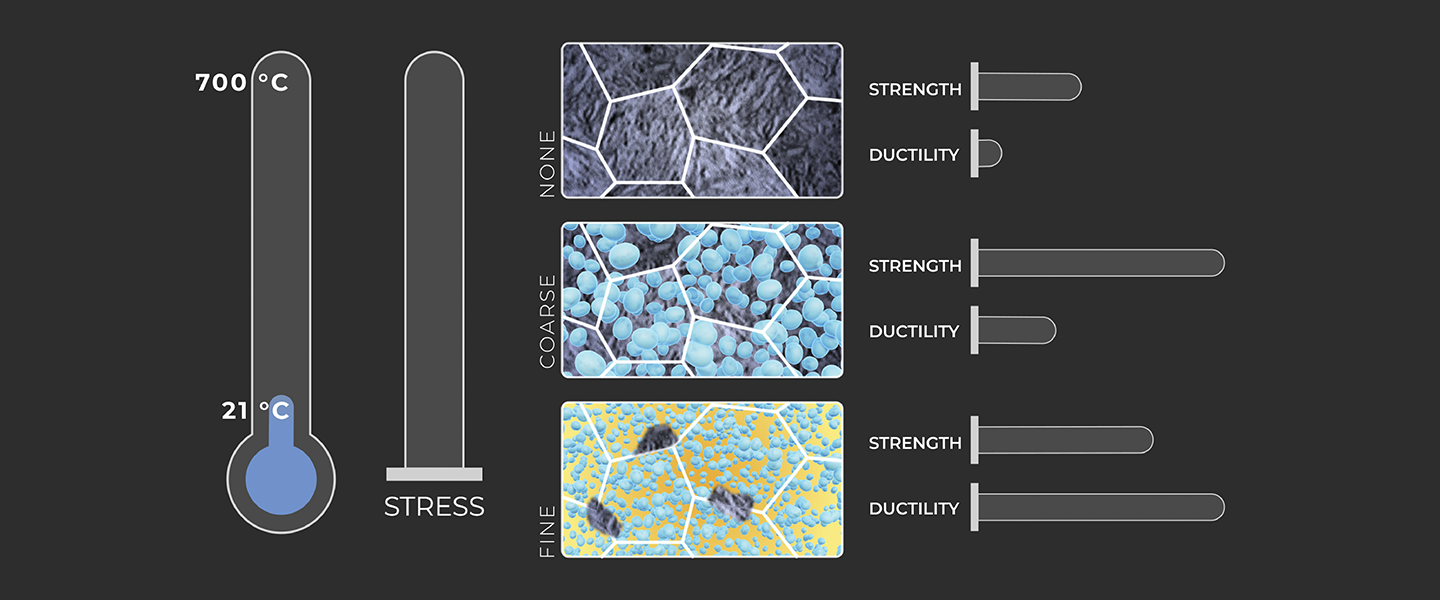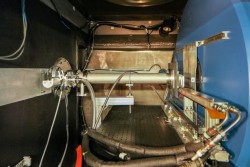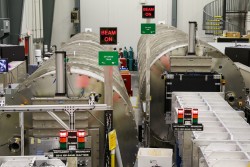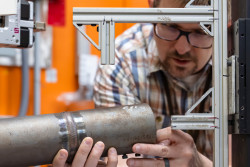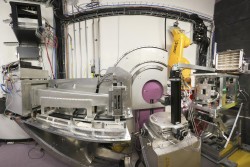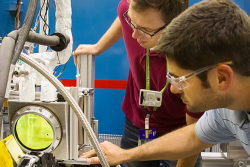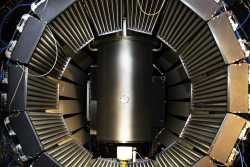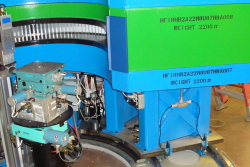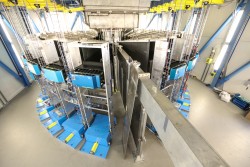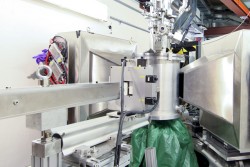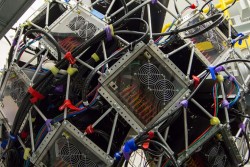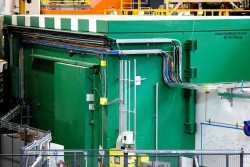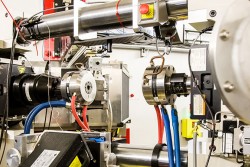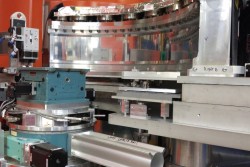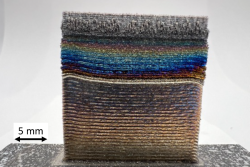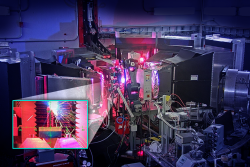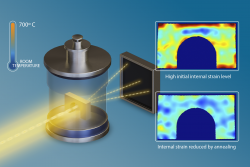Polymers, soft materials and colloidal systems, materials science, life science, earth and environmental sciences
Materials and Engineering
Materials are at the heart of technologies, devices, and societal infrastructure that will define the future US economy and provide solutions to present and future challenges in energy, communications, nanotechnology, security, and transportation. The road from discovery of fundamental scientific principles to implementation of new concepts and materials is a long one. Therefore, efficient approaches must be found to create the materials underlying new technologies. Characteristics of novel materials must be understood under relevant operating conditions, including degradation and failure mechanisms over time in service.
Being able to rapidly characterize materials is essential to accelerate their discovery and application. Neutron scattering’s ability to reveal time-resolved and energy-dependent responses of materials in practical configurations under extreme conditions is critical to the discovery and development of new materials with direct impact on our daily lives, and neutrons shorten the life cycle to develop and validate new materials, to bring them into our lives sooner.
Neutrons can be used to understand the behavior of materials under applied stress or thermal, magnetic, or electrical fields; characterizing materials under real-life operating conditions with moving components; and extending the service life of critical engineering structures. Our understanding of the effects of long-term stresses and fatigue damage on suspension bridge cables and decks, irradiation damage effects on the mechanical integrity of nuclear reactor support structures, and the efficacy of advanced in situ repair techniques is supported by neutron research.
Materials and Engineering research using neutrons at SNS/HFIR focuses on 1) mechanical and physical properties of advanced alloys and ceramics; 2) structure and performance of materials by advanced manufacturing; 3) structural integrity of engineering components and matter in harsh environments.


